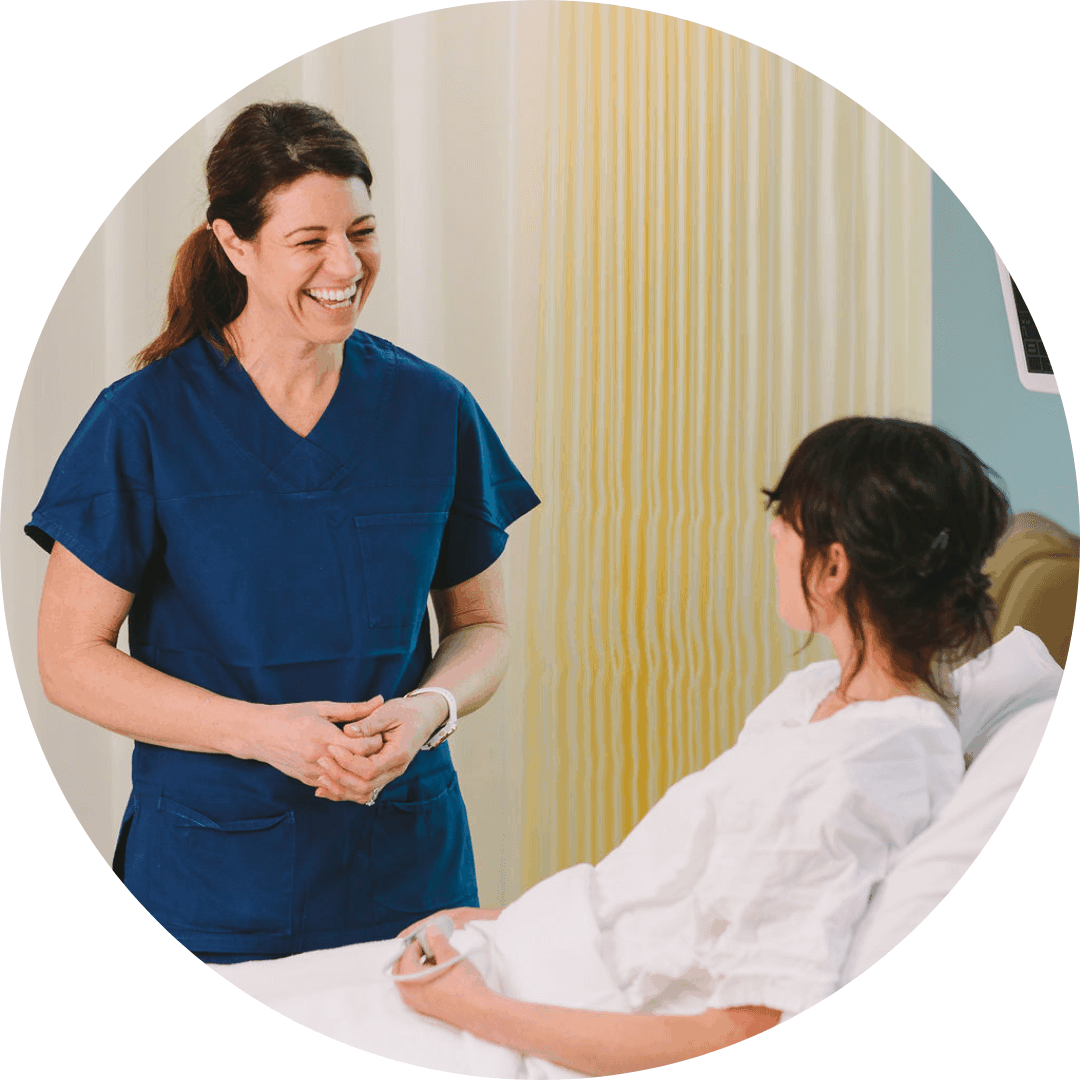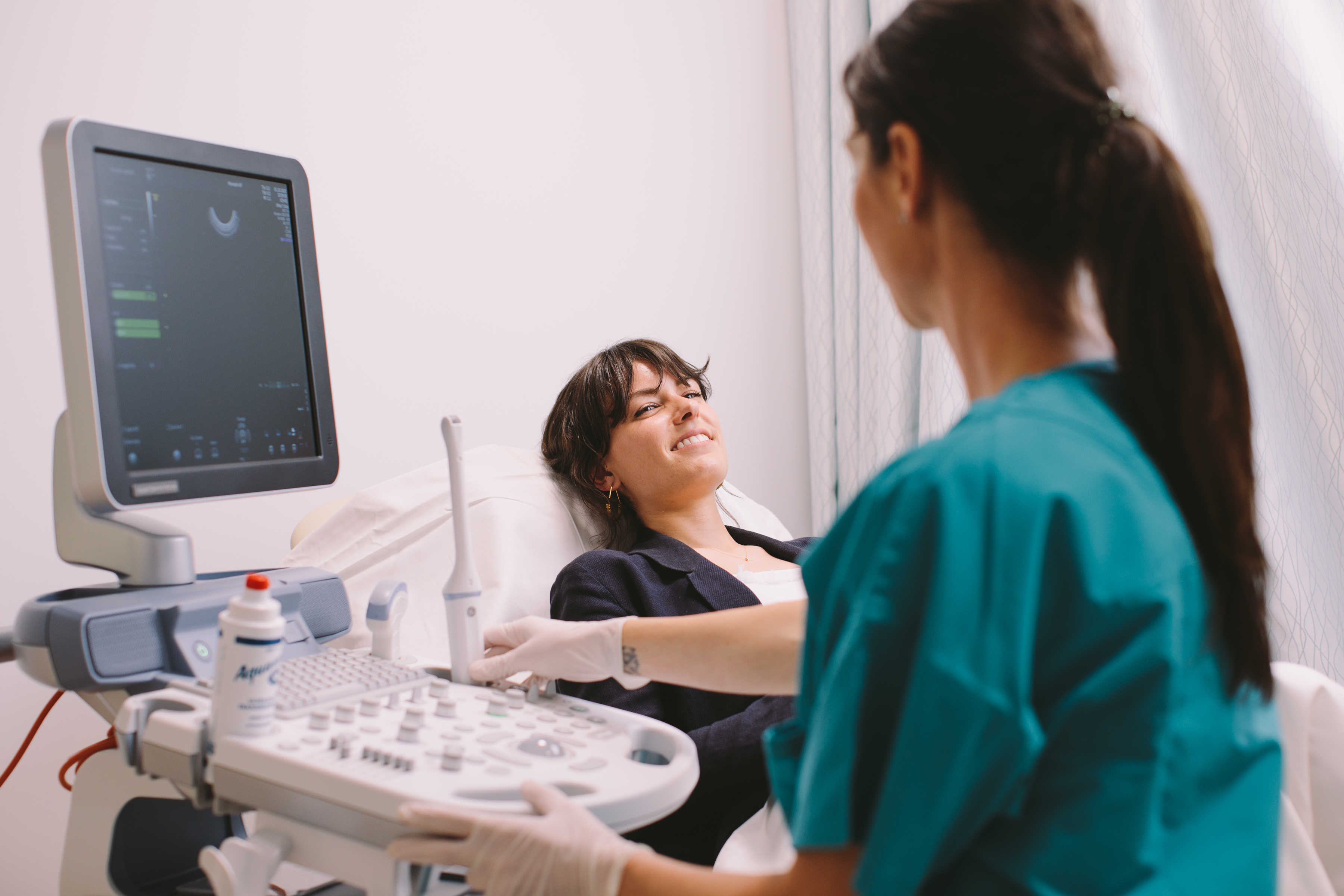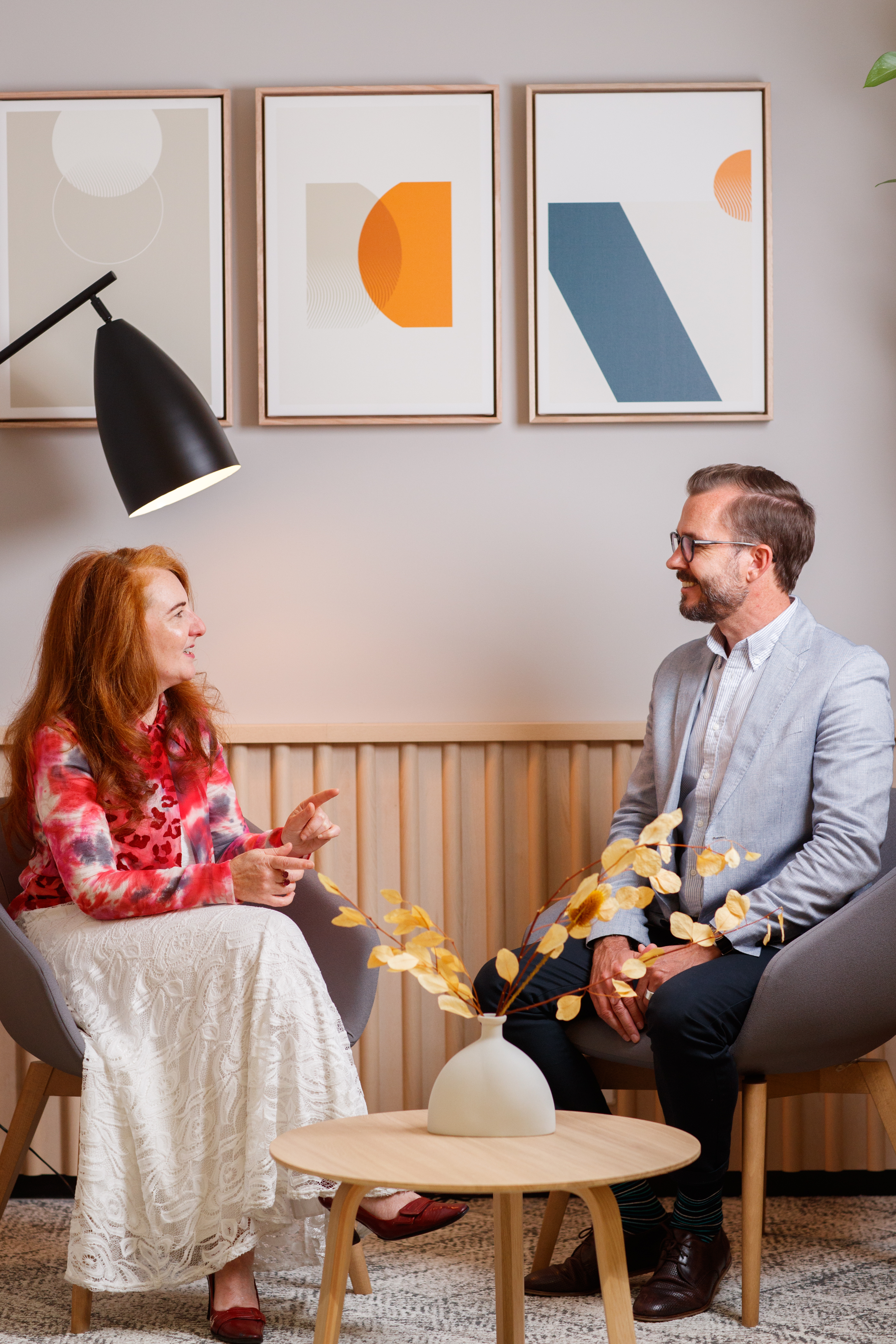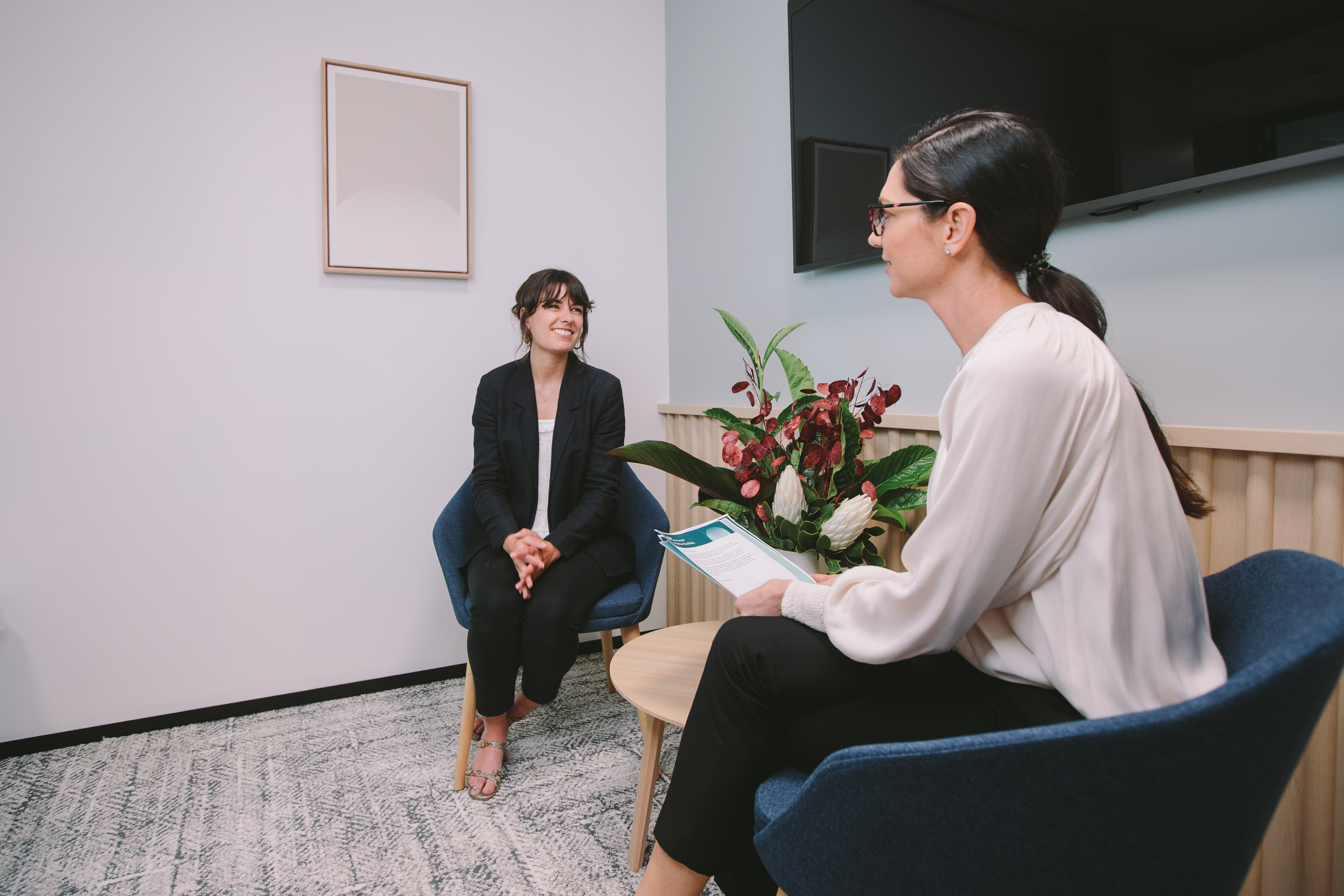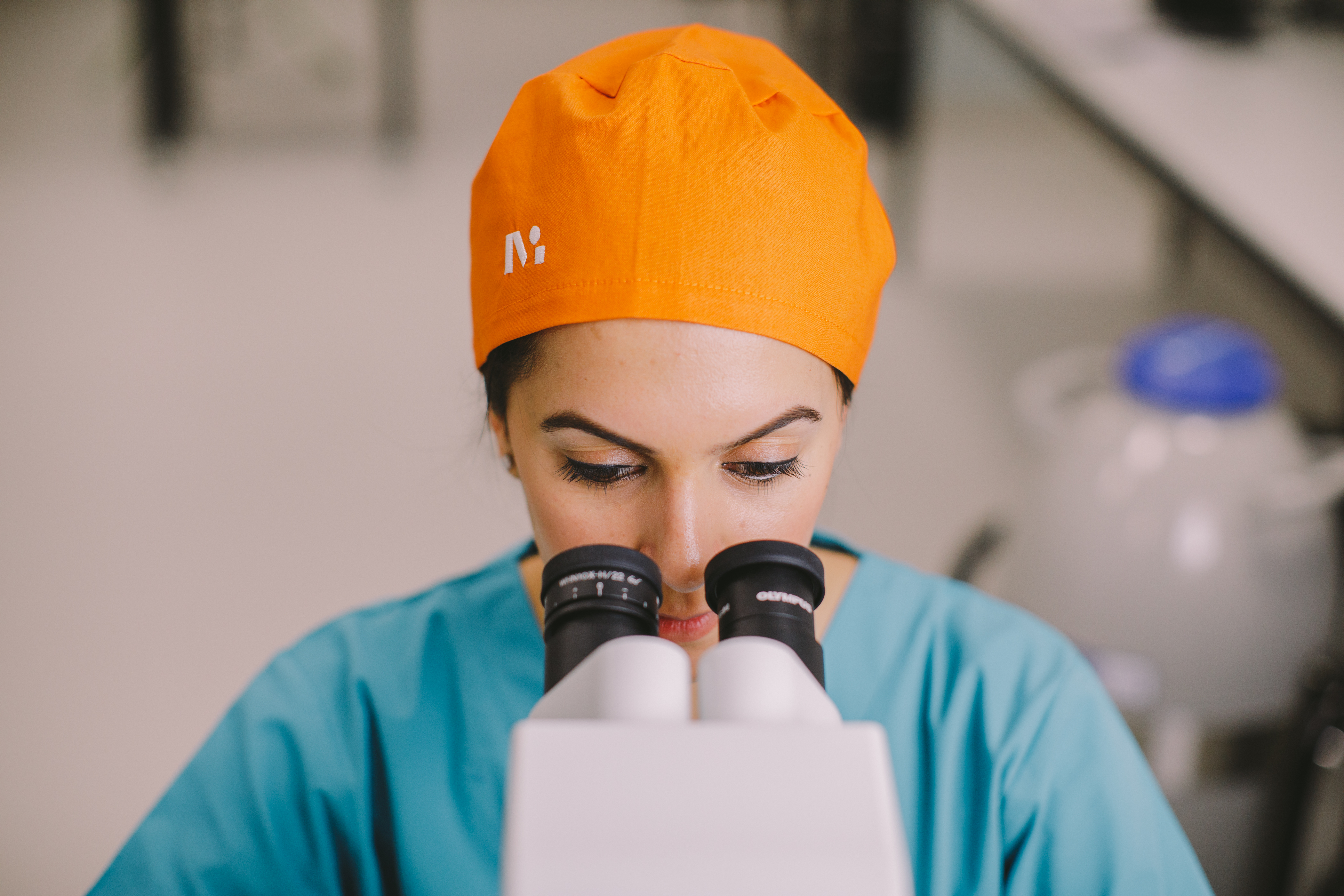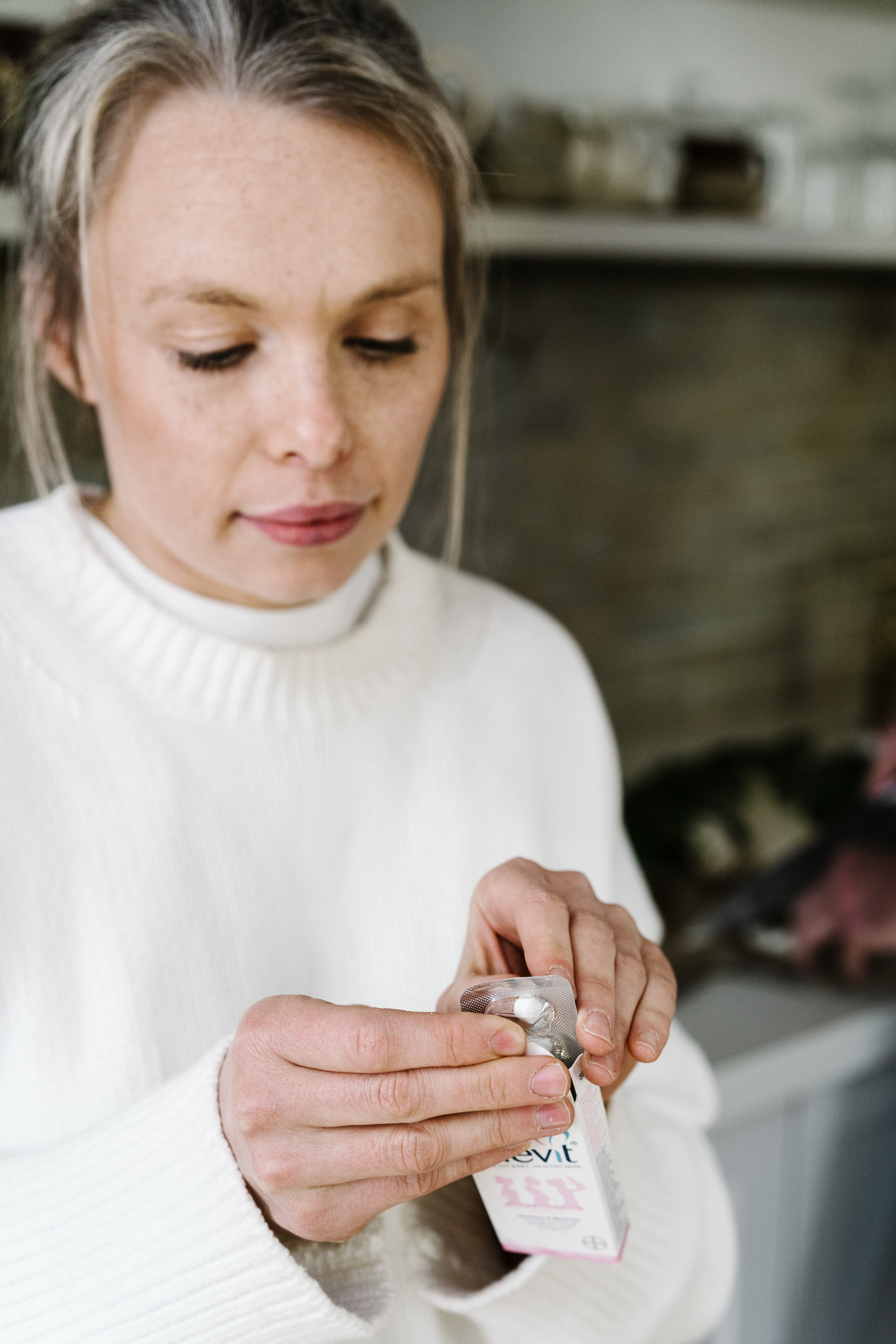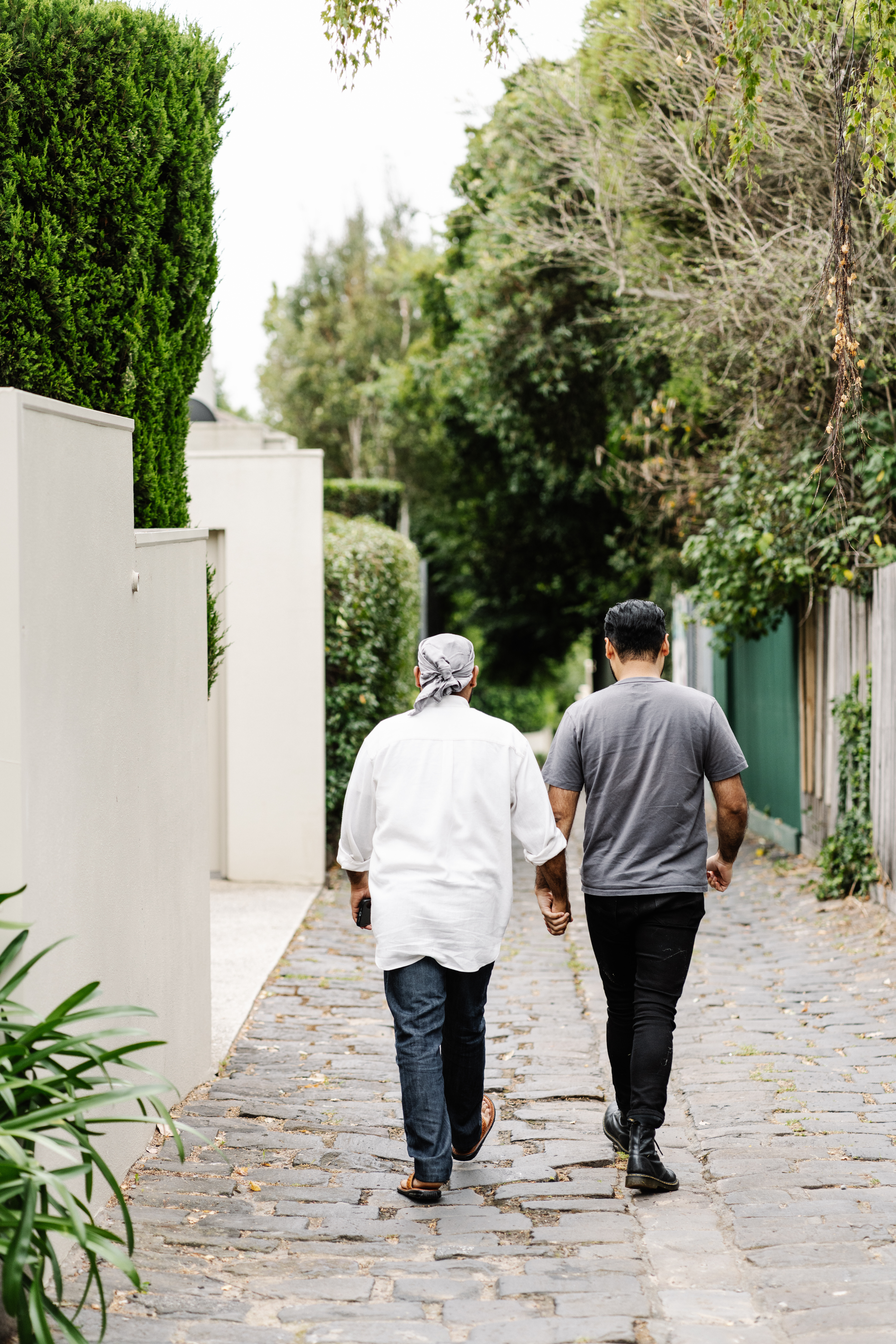Become an Egg Donor
Did you know?
- 1 in 5 people needing an egg donor rely on the kindness of others donating. Source: VARTA 2023 Annual Report
- For every egg donor, there are 52 hopeful parents waiting. Source: Monash IVF Group, 24 May, 2024
- We need 20x more egg donors to keep up with current demand. Source: Monash IVF Group, 24 May, 2024
- Almost 100% of LGBTQIA+ couples need access to donors.
If you are considering becoming an egg donor, Monash IVF’s dedicated team of Donor Coordinators are here to guide you through the steps required so that you can make informed decisions that are right for you.
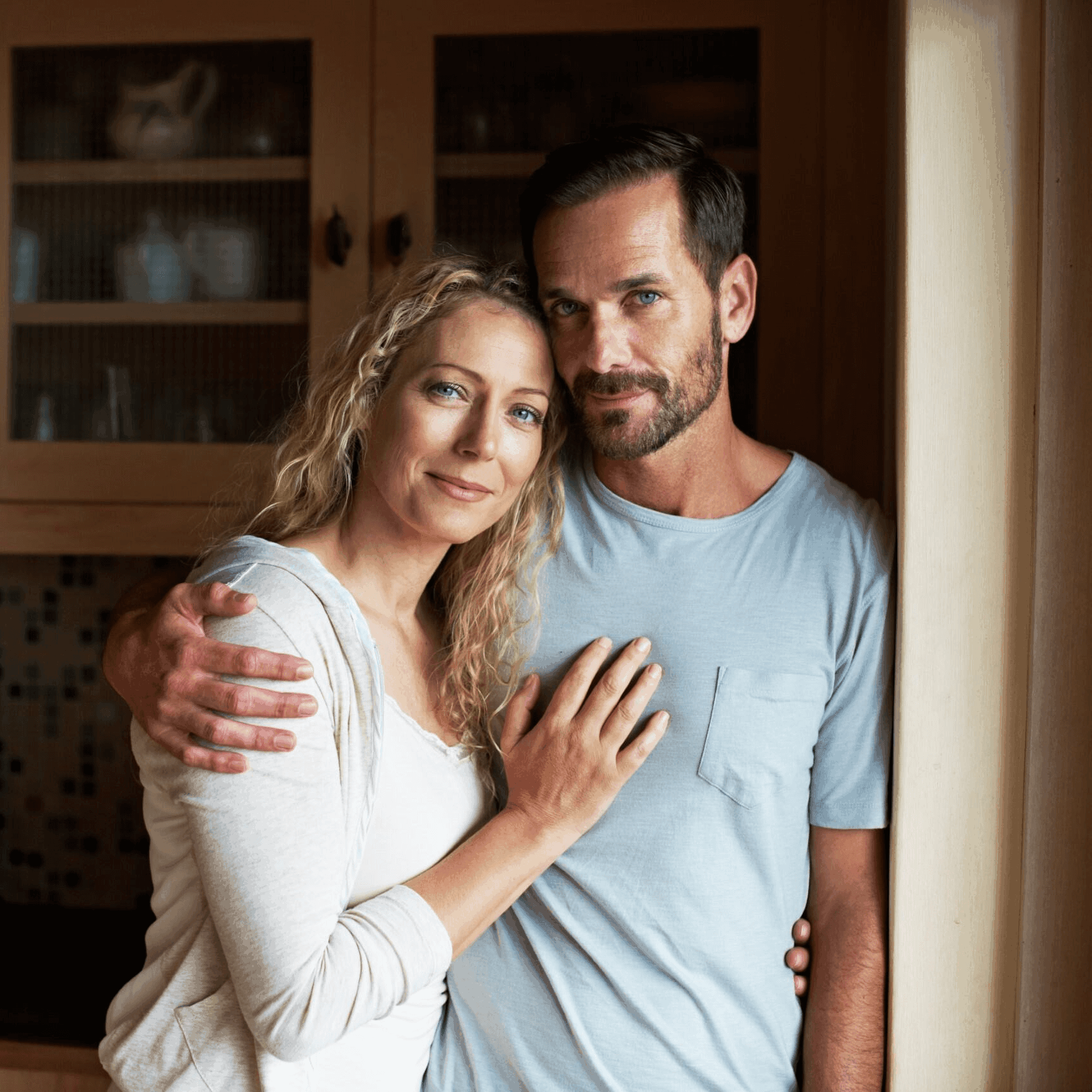
Request an Info Pack
Take the first step to becoming an egg donor today.
Fill out the form below and a member of our team will be in touch with information about:
- Egg donation in Australia – important things you need to know
- The steps involved with becoming an egg donor a Monash IVF
- The rights and responsibilities of egg donors
Who can become an egg donor?
All egg donor candidates will need to go through a screening process to see if they can donate. To be eligible to donate eggs as a clinic-recruited donor for Monash IVF you will need to:
- Be aged between 21 and 38 years of age. Note, exceptions can be made if you know the person you are donating to.
- Donate eggs for altruistic reasons. This means you must be donating your eggs to help others, and not for monetary compensation. Note: Reasonable and verifiable expenses associated with donating will be reimbursed.
- Meet clinical criteria.
- Provide a genetic family medical history. If you are unable to do this because you have been adopted, or for other reasons, you will not be able to donate eggs as a clinic-recruited donor.
- Be a non-smoker or have ceased smoking for three months prior to egg donations.
- Live a healthy lifestyle. This means exercising regularly, eating well, and drinking minimal amounts of alcohol.
- Consent to the release of identifying information to any donor-conceived children once they turn 18 years old, or younger in some states.
- Agree to the release of non-identifying general and medical information about you to recipients.
- Provide information relating to any previous donations and consent to us contacting any clinic/s you have previously donated at to confirm details of families created.
Who uses donor eggs?
There are many different people who need the help of an egg donor to start or grow their family.
They may include:
- Solo dads to be using a surrogate
- People in same-sex relationships
- People experiencing infertility
- People affected by genetic conditions
- Transgender or gender-diverse people
Your donation could help many people experience the joy of family.
Types of egg donation
There are two types of egg donors:
- Clinic-recruited egg donors – A donor recruited by Monash IVF who remains de-identified / unknown to the recipient at the time of treatment, but who must consent to providing identifying information which can be shared upon request by a child born from their donation.
- Recipient Recruited (Known) egg donors – A donor who has an existing relationship with the recipient/s, and personal details such as name, and contact details have been shared between them. A donor may be a friend or family member, or an acquaintance who becomes known to the recipient. The process for recipient-recruited egg donors is similar to that of clinic-recruited donors, with a few variations in processes.
Are egg donors paid for their donation?
It is illegal in Australia for someone to be paid for their egg donation. However, egg donors are entitled to be reimbursed for any reasonable and verifiable expenses accumulated through the donor process and we can guide you on what this includes and excludes. For clinic-recruited egg donors, all of the costs associated with the donation, including testing for infectious and genetic conditions will be covered by Monash IVF. For known egg donors, these costs are covered by the recipient of your egg donation.
What are the benefits of being an egg donor?
The altruistic motivations for becoming an egg donor vary for everyone who chooses to donate eggs. Whether you become a recipient recruited egg donor or clinic recruited egg donor, there are many benefits in joining our donor program including:
- Helping people who can’t have a baby without donor eggs experience the joy of family.
- Making a positive difference in someone else's life.
- Receiving information about your own fertility and health, including the results of genetic carrier screening and other tests.
What information is shared about egg donors?
For each egg donor, a donor profile is created to share information about the donor with people seeking an egg donor (potential recipients). These donor profiles are non-identifying, and include information about a donors’:
- Medical history
- Nationality
- Height and build
- Skin colour, eye colour and hair colour
- Occupation
- Education
- Interests and hobbies
- Reason for donating
Under Australian laws, a person born from egg donation has the right to obtain identifying information about their donor once they are 18 years old, or younger in some states. This information may include the donor's name, date of birth and contact information.
Frequently Asked Questions (FAQs)
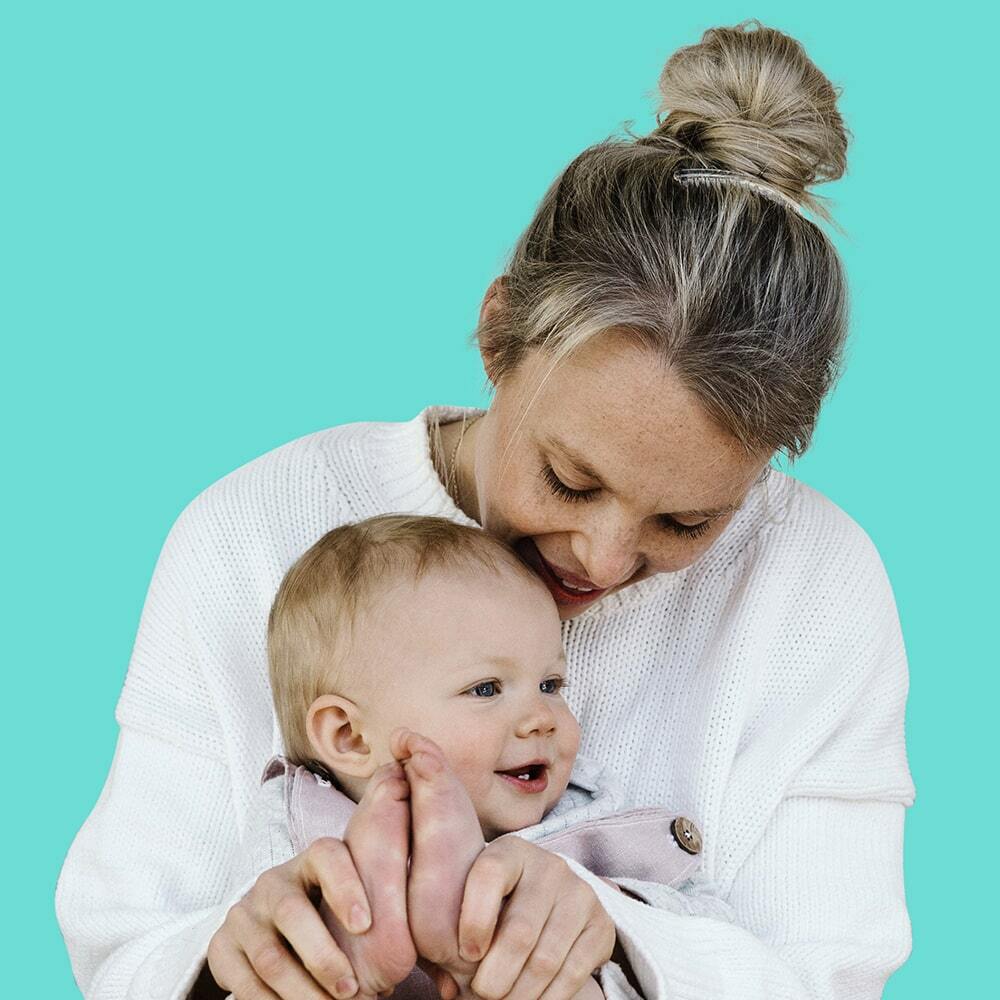
Start your fertility journey
Wherever you are on your journey, one of our supportive nurse enquiry team can help you understand your options and take the next step. These conversations are free and informative.
